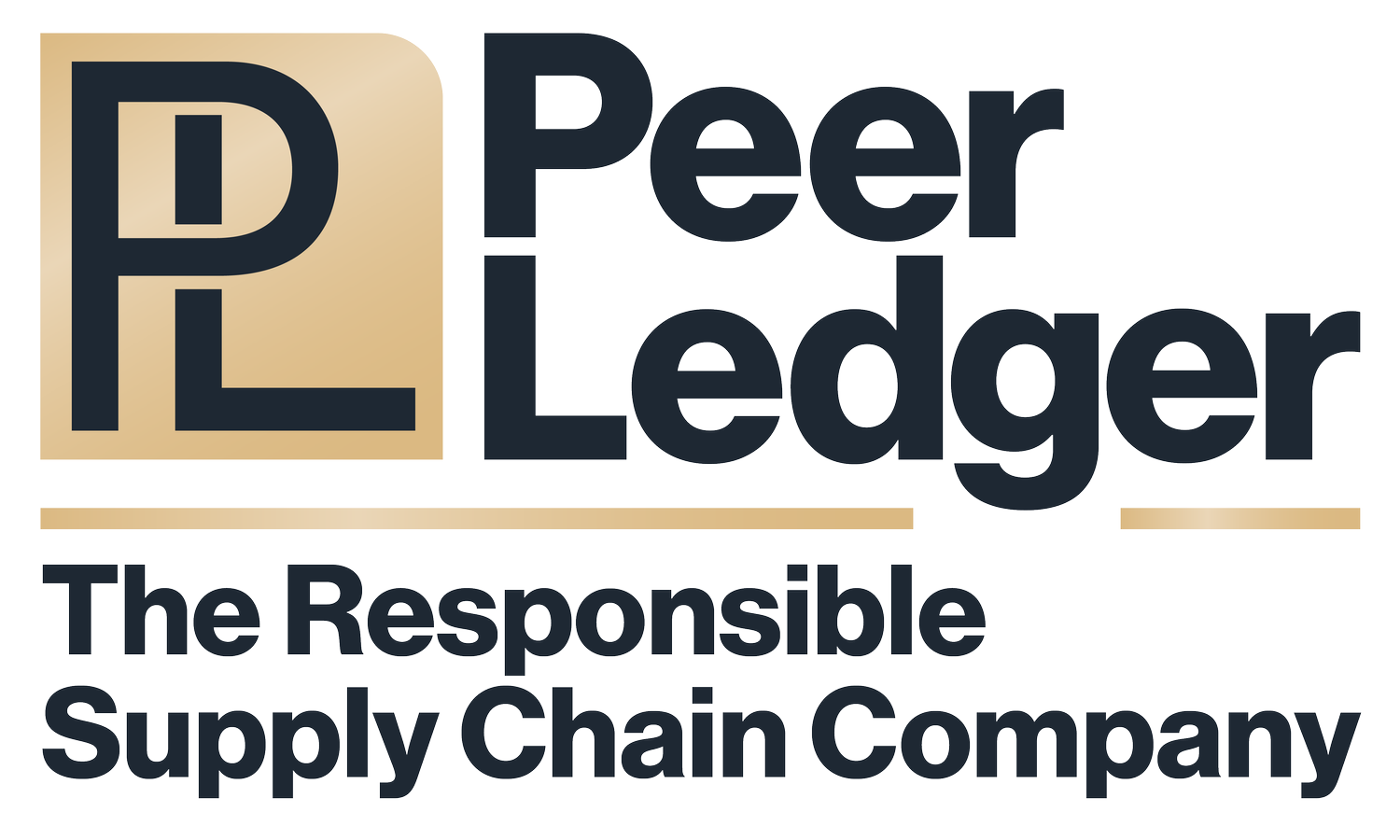Transparency as a Competitive Advantage
Today’s consumers expect more than just empty brand promises - they want proof and your credibility as a company depends on it! Consumers are demanding better, but unfortunately, we still see companies perpetuating bad practices and finding themselves in sticky situations. From human rights violations, like forced labour in the Thai seafood industry, to environmental destruction from palm oil deforestation, it is clear that we still have a long way to go. However, for companies that uphold their values through positive practices, we believe that supply chain transparency is the key to success.
Protect Your Reputation
The first and most obvious, reason to adopt supply chain transparency is to lower reputational risk. If you aren’t involved in anything unseemly, then there shouldn’t be anything to hide. While there are some costs involved with adopting supply chain transparency, the long-term gains of avoiding a scandal are well worth it.
A study from MIT Sloan School of Management found that consumers are willing to pay 2% to 10% more for products that provide transparency. Being forthcoming in your practices will build consumer trust and respectability. Patagonia is a great example of a company that has strengthened customer trust by putting its values into practice.
Create a USP
Transparency keeps existing customers happy and creates a unique selling proposition that helps attract more conscious consumers. This ad from Standard Chartered shows how they are using transparency to create some really cool marketing material.
Improve Efficiency
You may be experiencing some hesitancy, but using blockchain technology to track your supply chain will ultimately streamline your processes. Documents are no longer lost along the way and business processes become easier for all actors involved - especially during audits or product recalls.
Comply with Regulations
Lastly, transparency is an essential tool to help you comply with regulations. After so many environmental and human rights violations, governments have put regulations (like the Dodd-Frank Act, the EU Conflict Minerals Regulation, and more) in place to hold companies accountable. Being proactive about supply chain transparency and traceability will help you to easily comply with current regulations and prepare for future developments.
We believe that transparency is a competitive advantage, and we have the technology to help you get there. Our MIMOSI Connect platform uses blockchain technology to help you gain visibility across your entire supply chain. MIMOSI Connect is customizable to fit your needs and can easily integrate with your existing systems. Our intuitive user interface is easy to use and is easily adoptable by your upstream suppliers. Let us help you create powerful connections with your customers and uphold your values.
Responsible supply chains make stronger brands.
References
Jessi Baker (January 2021), Why ‘Impact Proof’ Will Eat Brand Purpose For Breakfast In 2021, Forbes. Retrieved from https://www.forbes.com/sites/jessibaker/2021/01/27/why-impact-proof-will-eat-brand-purpose-for-breakfast-in-2021/?sh=29ef2ec34c0f
Nanchanok Wongsamuth (December 2019), Major brands found failing to help Thai seafood sector tackle slavery, Reuters. Retrieved from https://www.reuters.com/article/us-thailand-seafood-slavery-idUSKBN1Y804J
Abrahm Lustgarten (November 2018), Palm Oil Was Supposed to Help Save the Planet. Instead It Unleashed a Catastrophe, The New York Times. Retrieved from https://www.nytimes.com/2018/11/20/magazine/palm-oil-borneo-climate-catastrophe.html
Alexis Bateman and Leonardo Bonanni (August, 2019), What Supply Chain Transparency Really Means, Havard Business Review. Retrieved from https://hbr.org/2019/08/what-supply-chain-transparency-really-means
Patagonia’s blog, What It Means to Make Patagonia a More Transparent Company. Retrieved from https://www.patagonia.com/stories/footprint-chronicles-fall-2010-update/story-19223.html
Adam Hayes (updated January 24, 2021), Dodd-Frank Wall Street Reform and Consumer Protection Act. Retrieved from https://www.investopedia.com/terms/d/dodd-frank-financial-regulatory-reform-bill.asp

